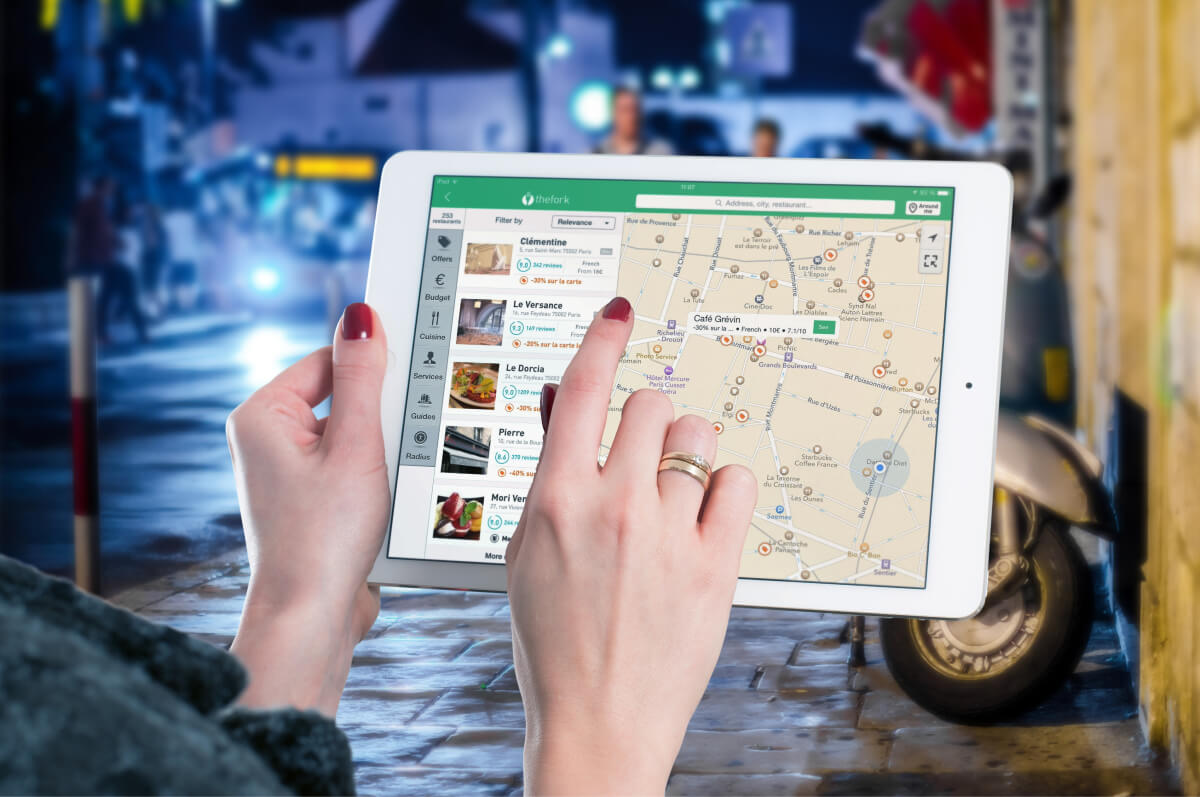Tips to improve your Google Local SEO

Local firms that operate on a localized rather than national scale require local SEO. Local SEO stresses ranking on SERPs in a given location, whereas national SEO emphasizes on appearing in search across the nation. The strategy entails targeting regional leads and customers with your branding, assets, and expertise. Because the plan is more applicable to your local consumer base, optimising your local SEO implies increased traffic to the website, prospects, and sales. Consider this targeted strategy as a technique to help businesses compete successfully against bigger major corporations with unlimited budgets. You can negate the advantages of larger businesses that habitually optimise for broader keywords & depend on brand awareness, rather than value propositions, to bring in visitors, by targeting specific local-SEO to-dos. Let us see some few ways by which you can improve your Google Local SEO.
- Make a Google My Business account first.
The most efficient strategy to rank higher on Google Maps and increase transparency in Google Search local results is to optimise your Google listing. However, you’ll have to get a Google My Business account to gain access to the Business Profile and implement these changes. All of the needed information will be uploaded to your Business Profile, which will appear in Google Search local searches, the Google Search Knowledge Panel, and Google Maps after you complete the steps on the Google My Business account dashboard. - Get regular feedback from satisfied customers
Encouraging your clients to leave positive reviews for your organization not only improves your Google My Business ranking, but it also inspires additional local customers to shop with you.Here are some suggestions for getting customers to write reviews:- After a sale is completed, request a review in person.
- Deliver a post-purchase text or email to customers and ask them to leave a review.
- Respond professionally to existing reviews, acknowledging consumers and resolving problems in negative reviews.
- Make Voice Search a Priority
In the years ahead, voice search will explode. As a result, optimising for how people are asking queries while speaking into devices, rather than how they write out the queries, is critical in local SEO.When it comes to voice assistants, your customers utilise more long-tail keywords than when they do ordinary searches. As a result, you’ll need to alter the content’s SEO to match the much more conversational style of anyone talking. You’ll need to compensate for conventional question starters, for instance. - Develop content based on current occurrences or local news.
For catching the attention of the local clients, hardly anything beats providing content that relates to or is directly tied to a local issue.The following are some examples of strategies:- Making blog posts about local news, events, or activities
- It’s a wonderful idea to make films about local charities or topics that your firm supports.
- If you serve distinct sections of a region, create location-specific sites on the site using elevated local information.
- Concentrate on keywords that are specific to your area.
It’s best to utilise keywords related to local shoppers. Isn’t that only natural?To obtain a sense of the most common search keywords in a given area, use Google’s Keyword Planner to filter keyword searches by geography. This helps you to construct a list of relevant keywords for your location. They must show in your site’s meta text, copy, and Addresses when you have them. - Use location pages or a “About Us” page that is precise to a particular location.
If your company has multiple locations in a given area, address pages are necessary. At a bare minimum, these pages must include the following:- Hours of operation of the store
- Name, address, and contact information
- Descriptions tailored to the individual
- Comments
- Marketing
- Availability of parking
- Every location page has a Google Maps link.
- Once you have many locations, be careful since each page requires distinct information.
Google Places SEO and local SEO, if used strategically can increase the reach of your business and increase revenue.





